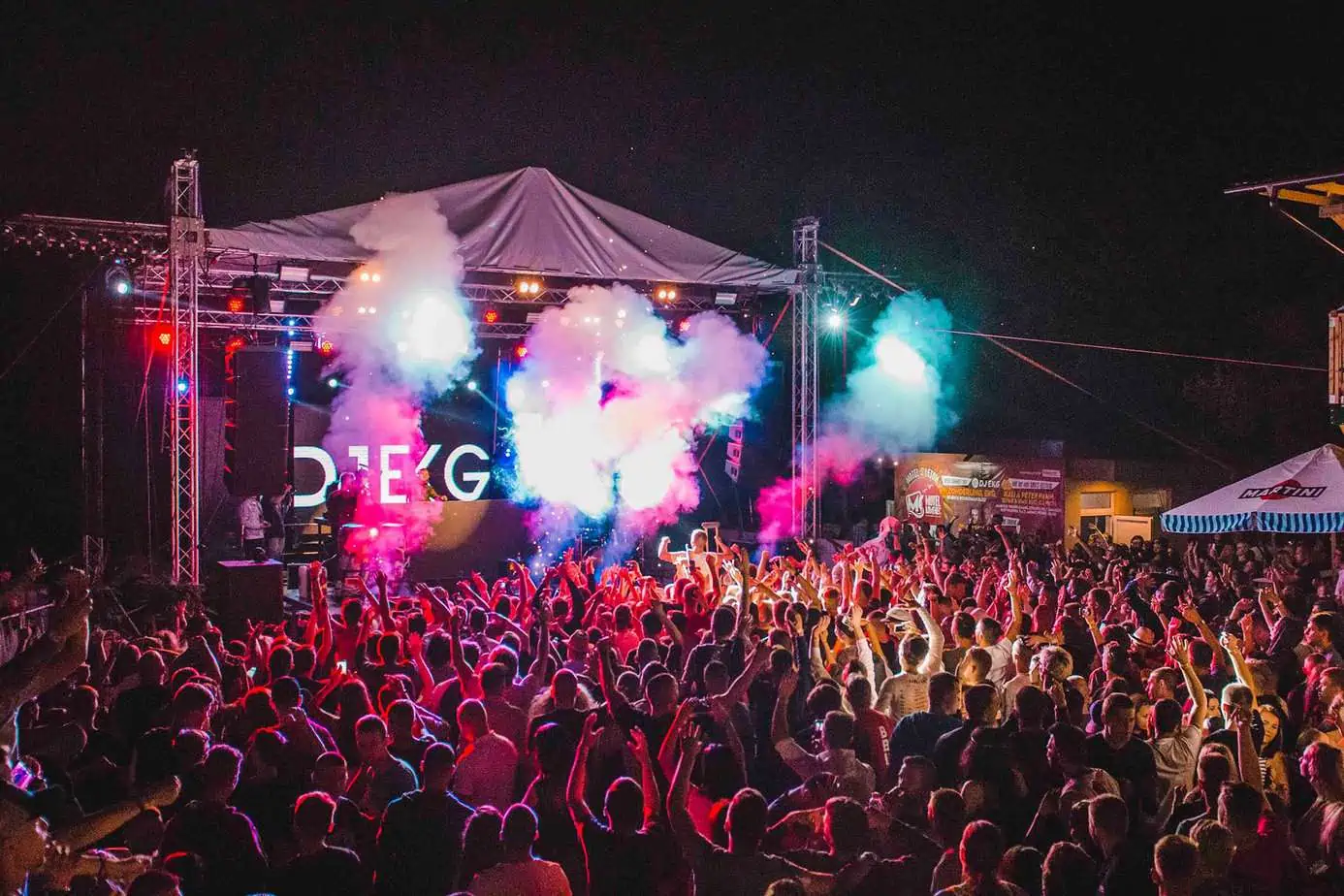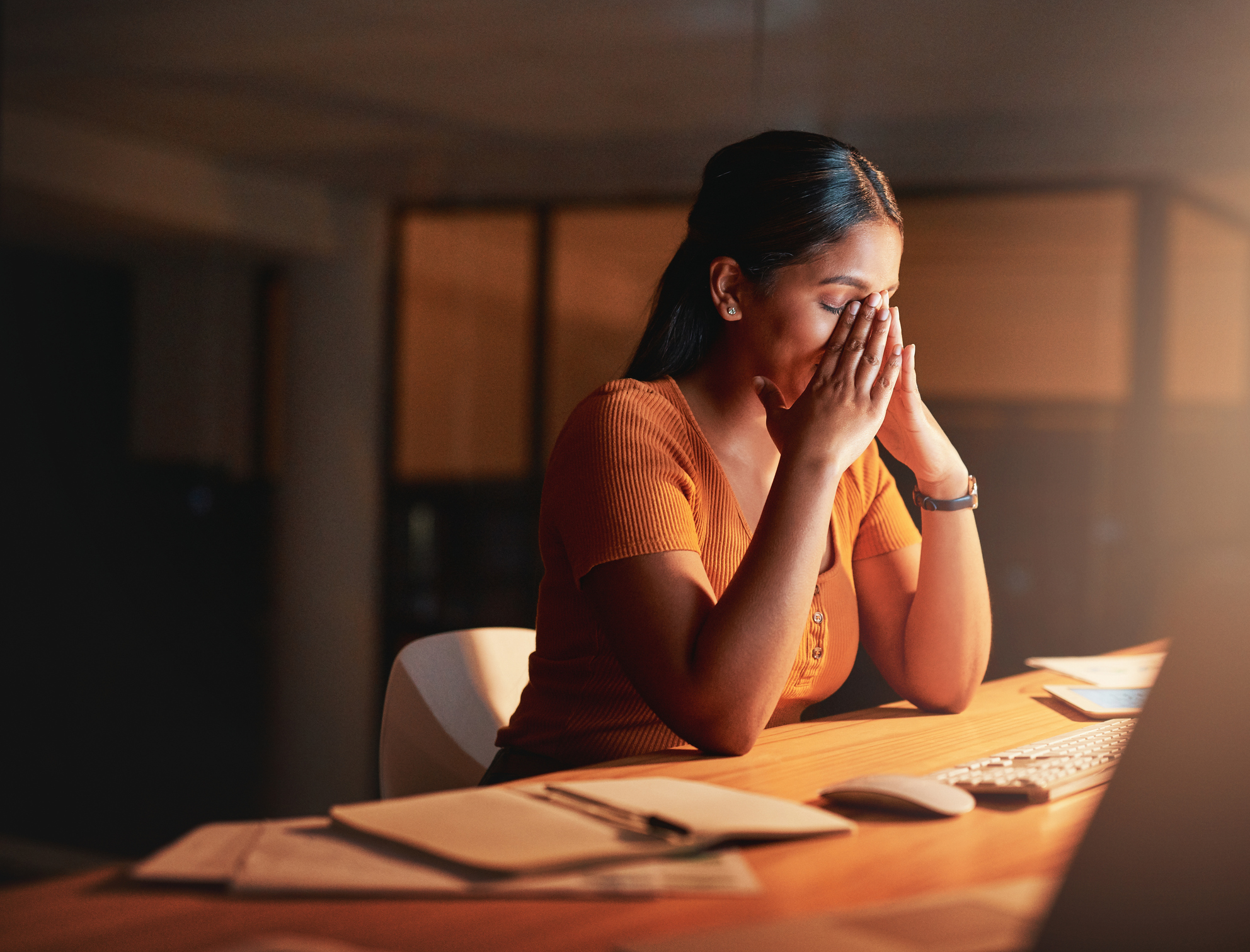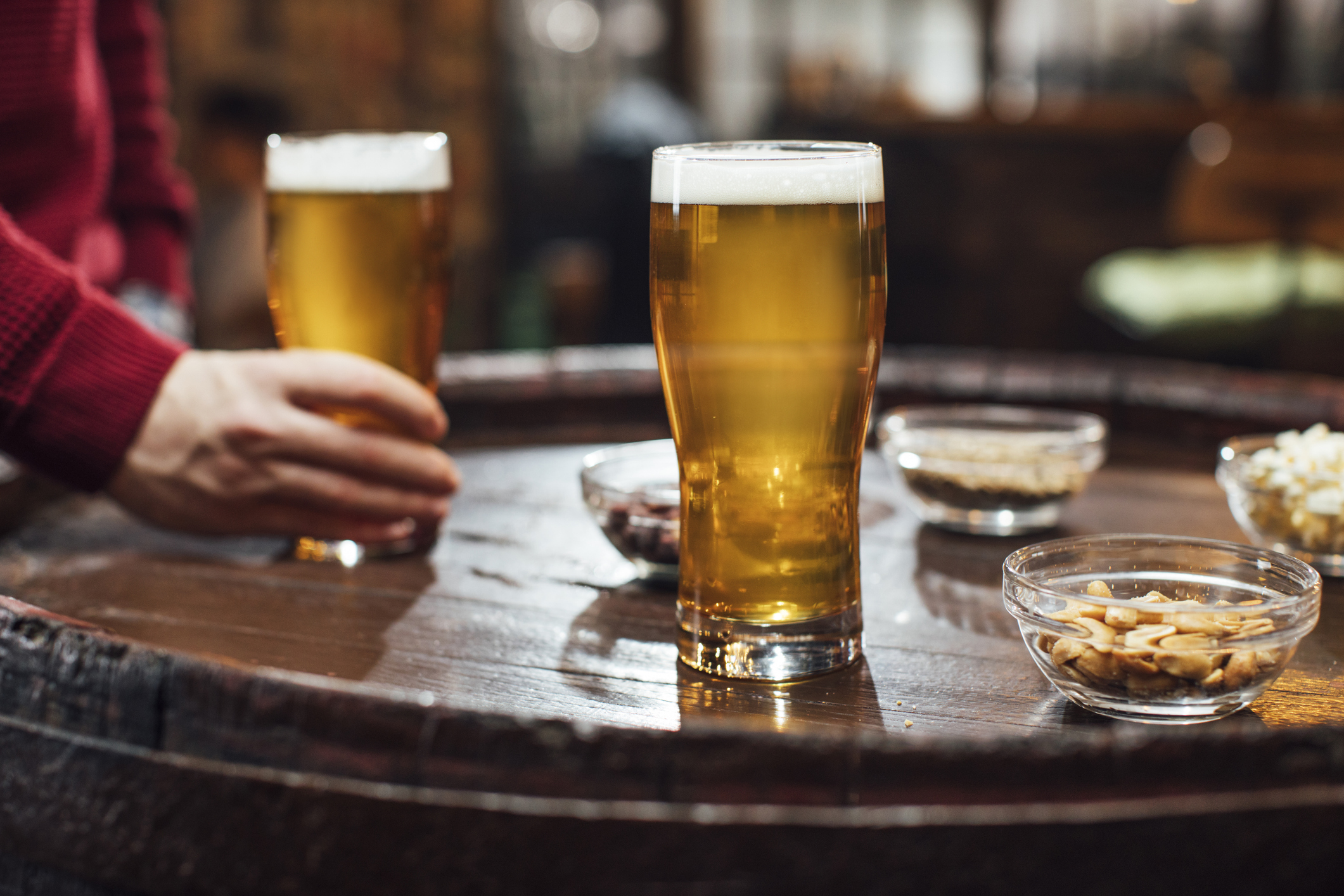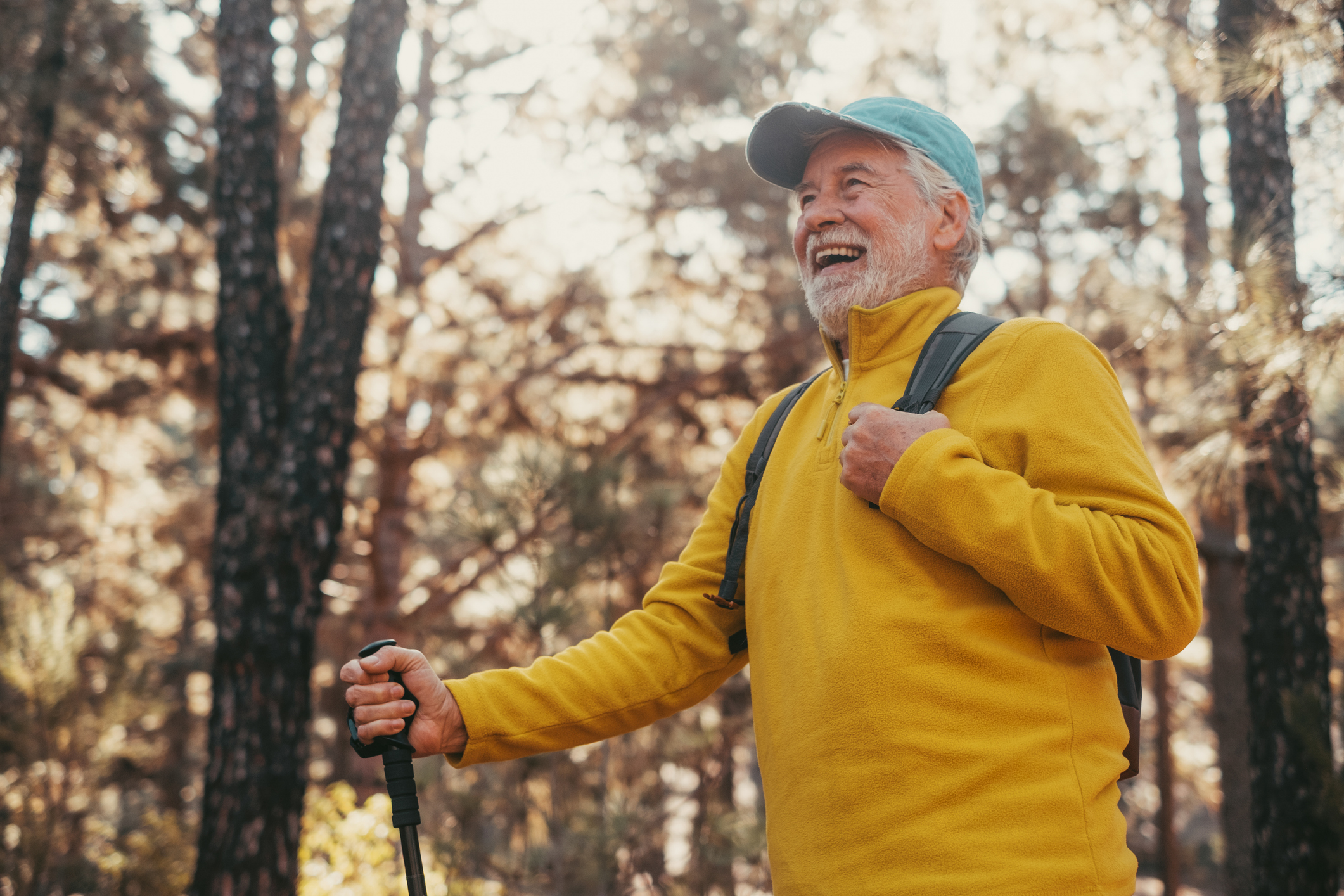Drug use in the music industry is nothing new, but over the last decade, music festivals have become synonymous with substance abuse. Young music lovers shell out hundreds (and sometimes thousands) of dollars to attend weekend-long festivals for a chance to view their favorite acts live, and in many cases, the chance to score drugs.
For some music genres, drug use has become such an integral part of the culture that attendees openly boast about their drug use. One of the clearest examples can be seen in electronic dance music (EDM), which is closely tied to the use of Molly, a street name for Methylenedioxymethamphetamine (MDMA), also known as Ecstasy. At electronic festivals across the country, there is no shortage of teens and young adults proudly wearing shirts that say “…on drugs,” “Keep Calm and Find Molly,” and “Mary, Molly, and Lucy”. Others wear D.A.R.E. shirts ironically while sneaking their pills past security. But it’s not just attendees that are openly showing off their drug use. Mentions of Molly and other drugs can be found in countless lyrics.
While the use of Ecstasy and similar drugs has been around for decades, its popularity among EDM fans spiked in 2010. From Cedric Gervais’s lyrics “I am looking for Molly, I’ve been searching everywhere and I can’t seem to find Molly” to Madonna’s infamous surprise appearance at Ultra Music Festival when she asked fans “How many people in this crowd have seen Molly?” ⎼ the glorification of illicit drugs is everywhere.
Ecstasy is particularly popular at EDM festivals because its effects seemingly enhance the experience. Users report increased energy, enhanced sensory perception, warm feelings, and a distortion of time. This causes the lights and sounds of an EDM festival to become more vivid and allows the users to feel a sense of connection to those around them. However, Ecstasy is commonly cut with other substances such as bath salts, ketamine, and cocaine. Ecstasy, along with rising temperatures and a lack of water at these music festivals, can cause a bad reaction in the user and lead to hyperthermia, heatstroke, seizures, and cardiovascular issues.
In 2013, the third and final day of New York’s EDM festival, Electric Zoo was cancelled after two MDMA-related deaths the day before. In 2016, 2 attendees of Tampa’s Sunset Music Festival overdosed and died from Ecstasy, and 57 others had to be hospitalized. That same summer, three young adults died from acute MDMA toxicity at California’s HARD Summer Music Festival. And just last year, a 34-year-old man died at Las Vegas’s Electric Daisy Carnival.
Molly isn’t the only drug prevalent at music festivals: marijuana is also popular. And as laws regarding marijuana become more lenient, music fans are eagerly awaiting their opportunity to smoke in public without the fear of arrest. However, Coachella Music Festival has stated that marijuana use on festival grounds is still illegal despite recreational marijuana being legal in California, where the festival is held. But according to social media, festival goers do not seem deterred from bringing in illegal drugs to the festival.
While many believe that marijuana is harmless, with most users only reporting euphoria and relaxation as the side effects, some users report paranoia and anxiety. Some even experience hallucinations, delusions and psychosis. When mixed with other substances, the chances of developing more severe complications significantly increase.
But it isn’t just illegal drugs that can pose a danger for festival goers. Alcohol is also a common culprit behind emergency room visits. Liquor companies are some of the biggest sponsors behind most music festivals, so it is no surprise that alcohol is readily available throughout festival grounds.
Alcohol may seem harmless due to its legal status, but in such high quantities as are imbibed at festivals, it can become incredibly dangerous. Many festivals take place during the summer, which can lead to a multitude of health issues due to dehydration. Underage festival goers who sneak in alcohol are particularly at risk of alcohol poisoning, which can cause clammy skin, vomiting, difficulty breathing, depressed heart rate, seizures, coma, and even death.
While MDMA, marijuana, and alcohol are most common across all festivals, reports show that just about every type of drug can easily be found at music festivals. Each of these can bring undesirable consequences, including dehydration, hyperthermia, heatstroke, nausea, fatigue, stroke, seizures, “bad trips,” poor judgement, risk-taking behaviors, and in some cases ⎼ death.
The rise in drug-related overdoses at music festivals has led festival promoters and top artists to take a stand against drug use at events. From PSAs urging festival goers to abstain from drugs to increased security at the gates, festival organizers are doing what they can to keep crowds safe. In Europe, where drug-related overdoses at music festivals are also common, some festivals have even embraced harm reduction by providing free, no-questions-asked pill testing. Festival goers can have their drugs tested to see which substances are in their pills. Often, the drugs they believe they are taking are completely different from what they are taking. While pill testing may not keep everyone safe, organizers are hoping that by showing attendees that they are taking a gamble every time they purchase drugs from strangers, they will see a reduction in drug use.
Other safety efforts include free hydration areas, increased presence of crew policing the grounds for drug use, easily accessible medical services, increased food options, and shortened hours to make sure people don’t overexert themselves. And while their efforts will surely help to save lives, it is important for more and more artists to emphasize to their fans that the best way to stay safe is to enjoy music festivals sober.
If you or a loved one is struggling with addiction, Mountainside can help.
Click here or call (888) 833-4676 to speak with one of our addiction treatment experts.

 By
By 







